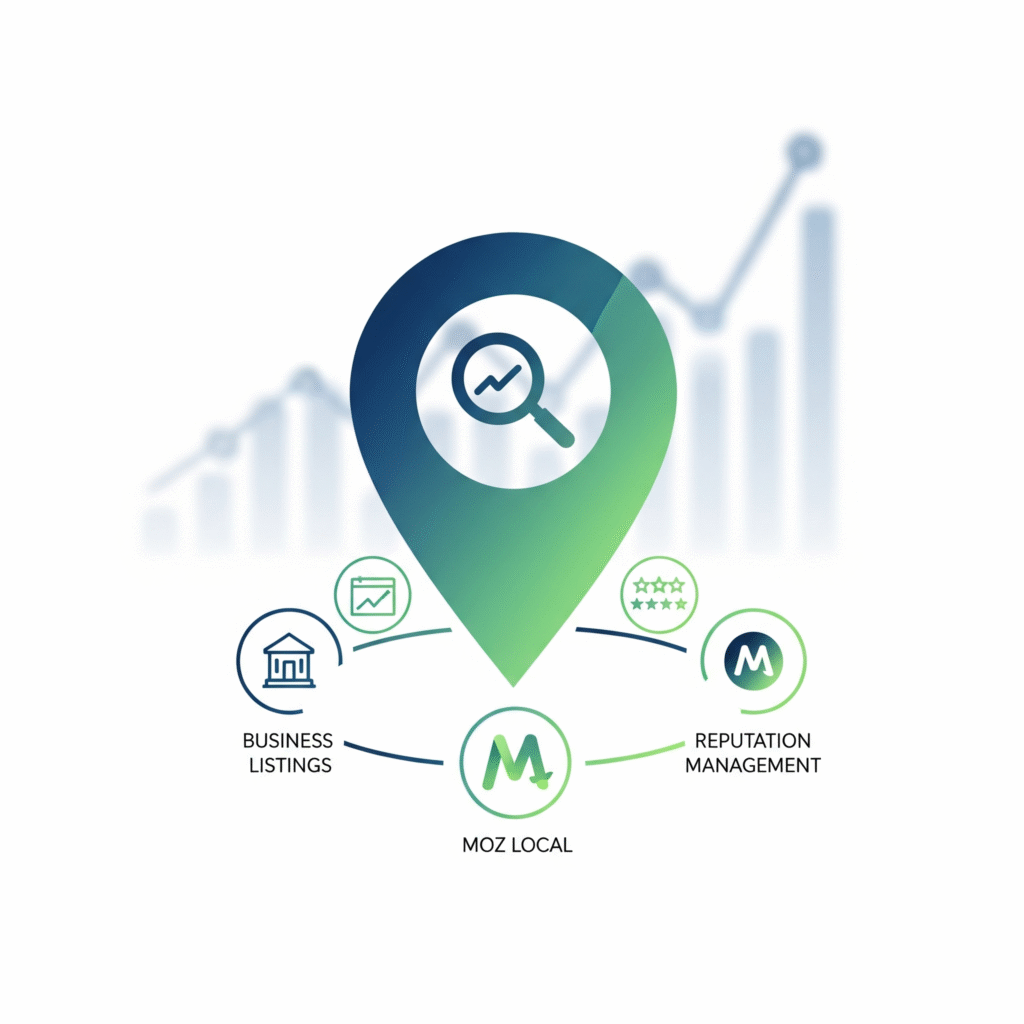How to Pick a Niche for Affiliate Marketing: The Definitive 2025 Guide
How to Pick a Niche for Affiliate Marketing Affiliate marketing depends on the process of selecting a good niche. The question on whether you will make something or not, who you will entertain and the prospect of your earning capacity is your choice. You never know How to Pick a Niche for Affiliate Marketing, you are not alone. Most of emerging marketers participate in affiliates not having acknowledged all beauties of a niche and its echo to long-term growth. However, taking this step correctly, one can make a hobby or the fulltime source of income difference. This lesson offers an increased understanding of what you should know about How to Pick a Niche for Affiliate Marketing. Strategy, the audience one targets, competition, etc. we will comment. All of them will be written in the normal human voice, in the style that really counts indeed. Launching a blog, YouTube or other social media channel or platform? Beyond the core topic selection, these steps will guide you towards some of the decisions you have to make when launching a blog, a YouTube channel or a social media site and make them some of the most important. What is the meaning of Affiliate Marketing Niche? Need to Know about the Basics An affiliate marketing segment is a specific topic which is attractive to a certain category of customers. They are able to target niche-type industries such as fitness or technology but instead need to make it smaller still such as home workouts, women over 40, inexpensive technology devices, students. In essence the specificity of who one is addressing and higher conversions is the most important How to Pick a Niche for Affiliate Marketing part in the knowledge of a path to take. 🧭 How to Pick a Niche for Affiliate Marketing – 2025 Summary Table Step Action Key Takeaways Tools & Examples 1. Identify Interests & Skills Choose something you’re passionate about or have knowledge in. Combines motivation with credibility. Photography, tech gadgets, fitness, travel 2. Research Market Demand Validate your niche idea with data. Ensure there’s audience interest. Google Trends, Ubersuggest, AnswerThePublic 3. Analyze Competition Check saturation and opportunities to stand out. Competition = profit potential; look for content gaps. Study blogs, influencers, YouTube, Reddit 4. Monetization Potential Assess how profitable your niche is. High-ticket or recurring commissions are ideal. Amazon Associates, ClickBank, SaaS, Subscription Boxes 5. Define Target Audience Build a detailed audience profile. Helps tailor content and affiliate offers. Age, goals, platforms, pain points The importance of this is that it is such a burden which weighs him down. By choosing a niche with distinct boundaries, you have the option to tailor the writing and therefore earn credibility besides marketing products that are always relevant. When the world of the internet is flooded, a fine niche will make a point. You will understand your audience more and make them more inclined to do what you recommend. And that does not sound too bad, but what is it that works, you might say? This command is topicality and direction. How to Pick a Niche for Affiliate Marketing in 2025 Step 1: Recognize the ones that interest and skill you then. The simplest way to stay motivated is to select a niche that cooperates with what you are familiar with or interested in. Take life, work and interests. Are you a photography fan? Have you by chance become a fan of technology? Are you outdoor travelling type or fitness oriented? The point you know is the beginning that will facilitate writing. Translate Your Hobbies to a Form of Income The next thing is passion; passion will happen when you love what you are promotion. What makes you confident to sell affiliates are credibility. In How to Pick a Niche for Affiliate Marketing, the critical strategic action employed is the balancing of the personal interest and the requirements of the audience. Step 2: Market Demand research In order to determine how popular your topic is, you need to employ the use of the tools such as Google Trends, AnswerThePublic or Ubersuggest. Search volume enables you to know whether individuals are interested in seeking information in your niche. Understanding, is not just a judgement of you being interested and not, but of the appetite of the market. Read Keyword statistics The keywords search will help you find out the variants of your niche idea. On a topic such as; plant-based diets, some of the search terms to be used are; vegan meal plans, or plant-based protein, or best vegan cookbooks. Such revelations will allow you to test your niche so that you can settle down on it. Check the low competition keywords using long-tail keyword, e.g. easy plant-based dinners to make as newcomers. The 3rd step: Competition analysis Look at the saturation level of your potential niche. The competitive nature of a niche is not necessarily a bad attribute as it might be a source of income, although you should also consider whether there is anything new about this niche. Read great blogs, You-Tube stars, or influencers. Is there a new story, better story or a story that we can associate ourselves with? Gap Analysis Gap analysis is one of the effective strategies to be utilized in How to Pick a Niche for Affiliate Marketing. Identify gaps in what the competitors possess. Some questions may not be answered in a proper way or their websites can be slow. It is your chance to indicate: such lapsing. Think of the active number of participants in the same niche, or the individual that develops the contents, and whether she or he is powerful in the market or is disrupted. Analyse Monetization Possibility – Step 4 Niches are not made equal in terms of revenue. Other affiliates are earning infinitely lesser elsewhere. Consider which products or services you are able to market. High ticket, high-ticket niches include financial, health supplements and software which are considered able to provide higher paying commissions. Other subscription models are even
How to Pick a Niche for Affiliate Marketing: The Definitive 2025 Guide Read Post »








